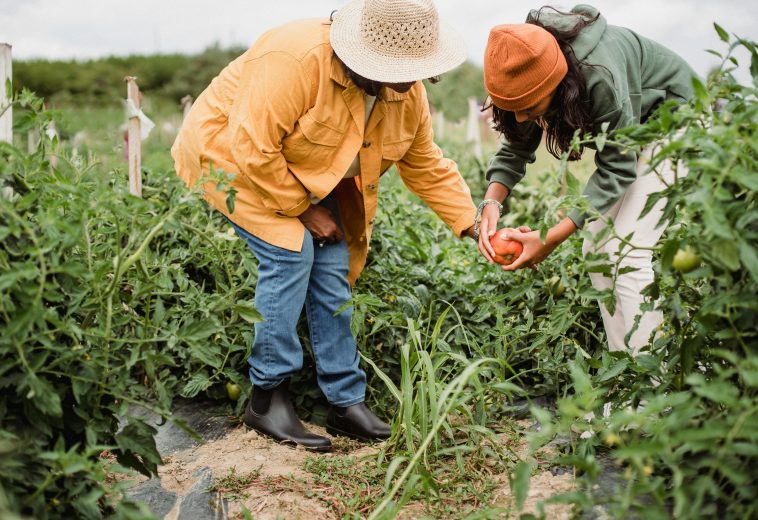Democracy continues to be the axis upon which societies balance their aspirations for equality, governance, and development. Africa’s democratic journey offers a wealth of lessons not only for its people but for global governance structures which intertwines with the continent’s rising influence in shaping global narratives on democracy, accountability, and inclusivity.
In Africa, about 40% of countries are considered democracies, though the degree of democracy varies. This includes nations like Botswana, Ghana, Mauritius, Senegal, and South Africa, which have consolidated democratic systems. These countries score higher in terms of political rights, civil liberties, and democratic governance.
READ ALSO: Africa’s Elections in 2025: A Turning Point for Democracy?
However, a significant portion of African countries, around 40-45%, are still classified as authoritarian regimes or face challenges in maintaining democratic principles. This group includes countries like Eritrea, Equatorial Guinea, and Sudan.
The “democratic winter” is not a phenomenon confined to Africa. In the United States, a Gallup poll revealed that only 28 percent of Americans—an all-time low, even lower than after the Capitol attack on January 6, 2021—are satisfied with the state of their democracy. Meanwhile, in France, nearly 40 percent of voters express a desire for an unelected leader with authoritarian powers.
Dawn of African Democracy
Africa’s transition toward democratic governance has been marked by resilience and adaptation. Nations such as Ghana, Senegal, and Botswana have championed democracy by fostering peaceful transitions of power, bolstering the credibility of democratic institutions. According to the Mo Ibrahim Index of African Governance (2023), these nations have consistently ranked high in areas of political participation and human rights.
Since returning to democracy in 1992, Ghana has emerged as a bastion of stability in West Africa. The country’s regular electoral processes, combined with independent media and a strong civil society, have demonstrated the efficacy of democratic governance in promoting peace and economic growth. The peaceful 2020 transition from President John Mahama to Nana Akufo-Addo further cemented Ghana’s status as a democratic powerhouse.
The People’s Will
Africa’s democracy thrives on the active participation of its people. The continent’s youth, representing nearly 60% of its population, have become torchbearers for change. Movements such as #EndSARS in Nigeria and FeesMustFall in South Africa underscore the effective power of grassroots activism in holding governments accountable.
Digital Spaces: Platforms for Change
The proliferation of technology has amplified these movements. Platforms like Twitter, Facebook, and WhatsApp have evolved into digital spaces where Africans discuss governance, mobilise meaningful protests, and amplify their demands for justice. These tools have not only connected African citizens but have also linked them to global movements advocating for similar causes.
Democratic Lessons for the World
As the world grapples with rising populism, inequality, and governance crises, Africa offers invaluable lessons on democracy’s adaptability and inclusivity.
Africa’s strides in inclusive governance, particularly in gender representation, are noteworthy. Rwanda leads the world in female representation in parliament, with 61% of seats occupied by women. This achievement highlights the continent’s potential in creating equitable governance models, challenging global democracies to address gender gaps in political representation.
Collaborative Leadership
The African Union’s (AU) peacekeeping initiatives showcase the strength of collective leadership. Programmes such as Silencing the Guns by 2030 demonstrate how regional cooperation can address conflicts and foster peace. These efforts have inspired international organisations to adopt more integrated approaches to global peacebuilding.
Africa’s influence on global democracy is growing, with the continent playing an active role in shaping international policies and debates.
South Africa has been instrumental in mediating global conflicts, including Israel-Hamas crisis from 2023 till date. Its position as a neutral yet assertive voice has made it a respected participant in international diplomacy.
Ethiopia’s contributions to climate negotiations, particularly through its role in the African Group of Negotiators, reflect the continent’s ability to influence global governance frameworks. While not directly democratic in nature, such contributions reveal Africa’s relevance in shaping a world governed by collaborative and equitable systems.
The Way Forward for Africa’s Democracy
To bolster democracy, African nations must continue investing in education, strengthening judicial independence, and promoting regional integration. The international community also has a role to play by supporting African democracies through funding, capacity building, and technology transfer.
Africa’s democratic evolution is a tale of roots and wings, a system deeply grounded in indigenous values yet soaring toward universal aspirations of equality and representation. By embracing inclusivity, technology, and collective action, the continent is not only charting its path but also reshaping global perspectives on governance.
As the world looks to the future, Africa’s lessons on democracy remind us of a simple yet profound truth: governance is not about consolidating power but about empowering people.




